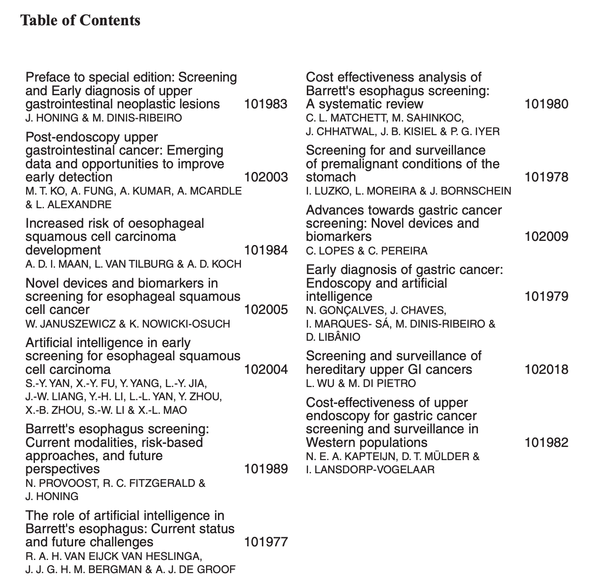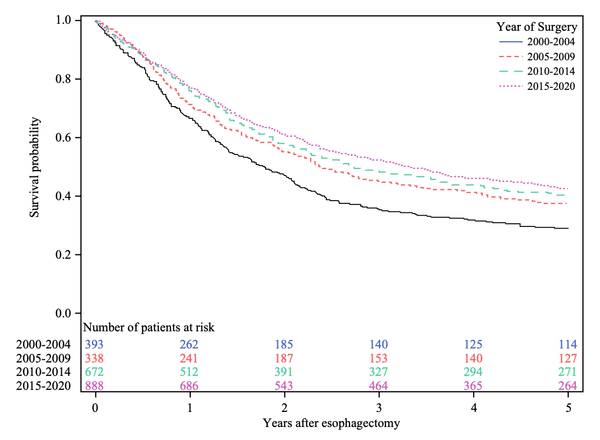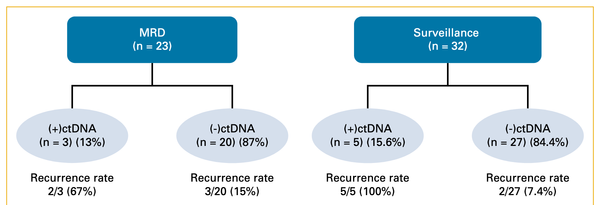Asbestos exposure and increased risk of ESCC
A meta-analysis of 34 studies of occupational exposure to asbestos reveals a 28% increased risk of esophageal squamous cell carcinoma, which increased to 84% among those most highly exposed.

Int J Environ Res Public Health 2021 Oct 21;18(21):11088. doi: 10.3390/ijerph182111088.
Meta-Analysis of the Association between Asbestos Exposure and Esophageal Cancer
Chih-Wei Wu 1 2, Hung-Yi Chuang 3 4, Dong-Lin Tsai 5, Tzu-Yu Kuo 6, Chen-Cheng Yang 1 3 4, Huang-Chi Chen 7, Chao-Hung Kuo 8
PMID: 34769609 PMC8582795 DOI: 10.3390/ijerph182111088
Abstract
Background: We conducted a meta-analysis to quantitatively assess the association between asbestos exposure and esophageal cancer.
Methods: We systematically collected articles from three electronic databases and calculated the pooled standardized mortality rate (SMR) from the meta-analysis. Subgroup analysis according to the type of asbestos exposure, follow-up years, sample size, industry classification, sex, and high-dose exposure was conducted.
Results: From 242 studies, 34 cohort studies were included in our meta-analysis. Pooled SMR was positively associated with asbestos exposure and esophageal cancer (pooled SMR = 1.28; 95% confidence interval (CI) 1.19-1.38, p < 0.00001). In the subgroup analysis, (1) chrysolite, (2) four groups with follow-up over ten years, (3) the textile industry and shipyard, (4) both male and female, and (5) eight studies on highest asbestos exposure, all the subgroups showed significantly increased pooled SMRs.
Conclusion: Asbestos exposure was significantly and positively associated with esophageal cancer, especially chrysolite. Considering the long latency period, we suggest that patients should be followed up for cancer, including esophageal cancer, for over ten years.




